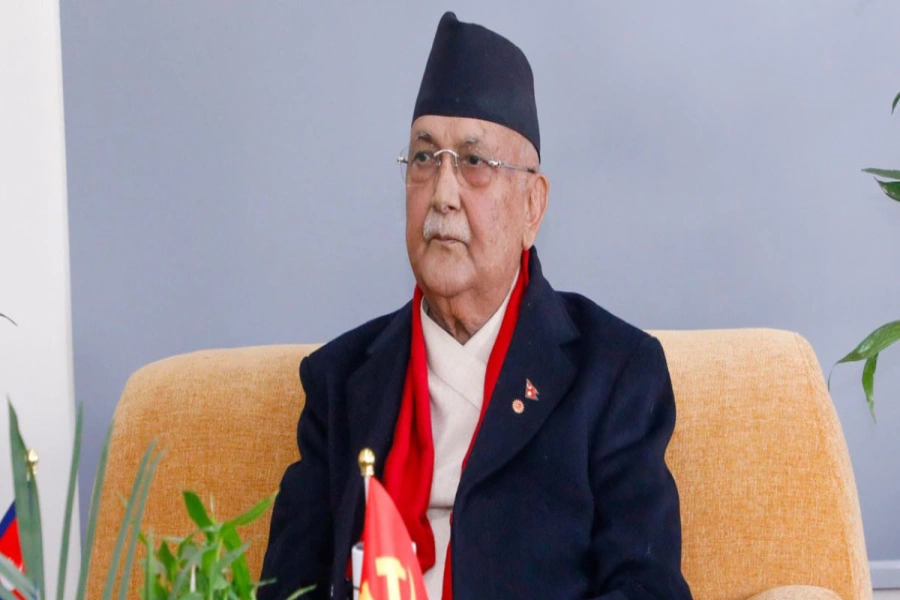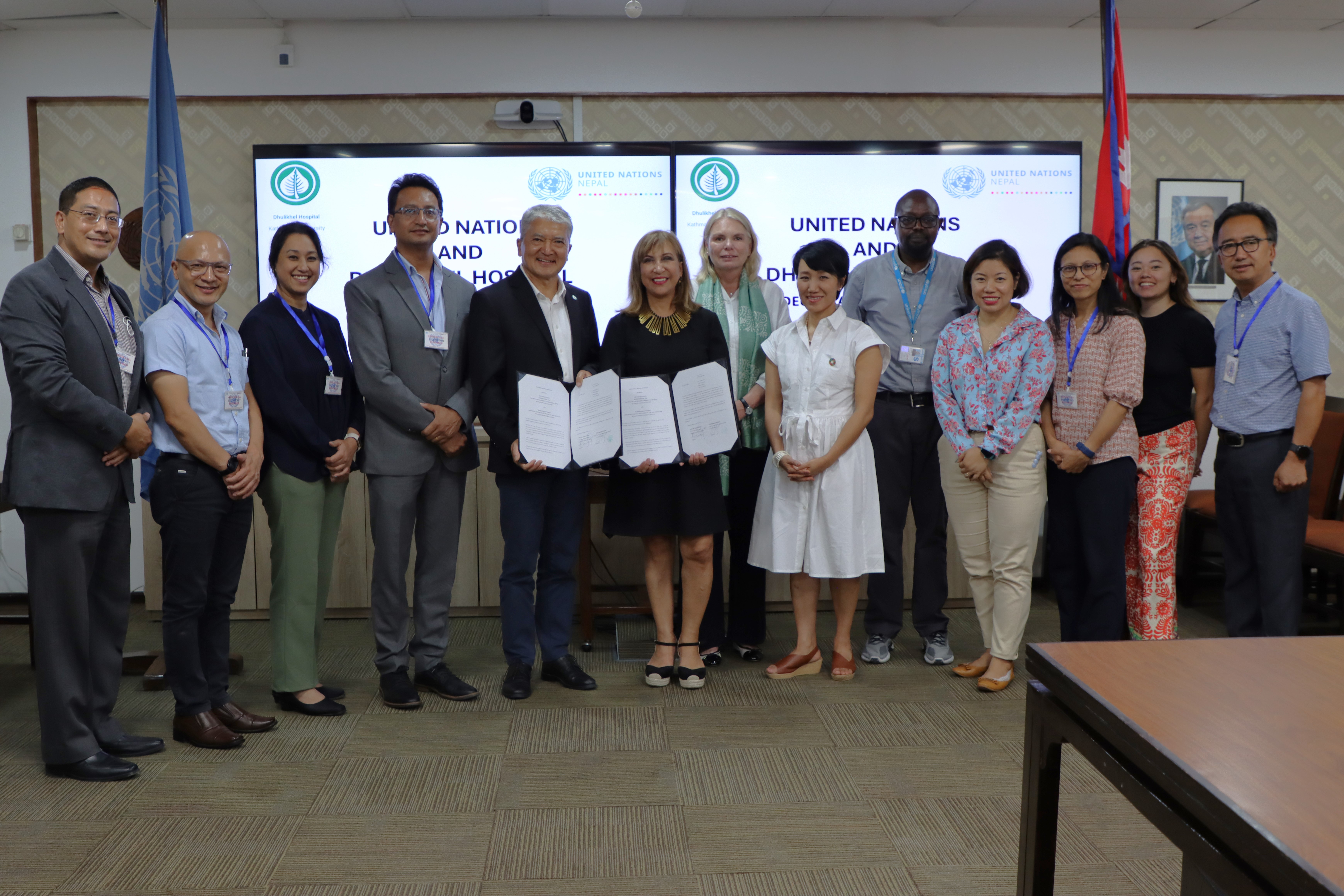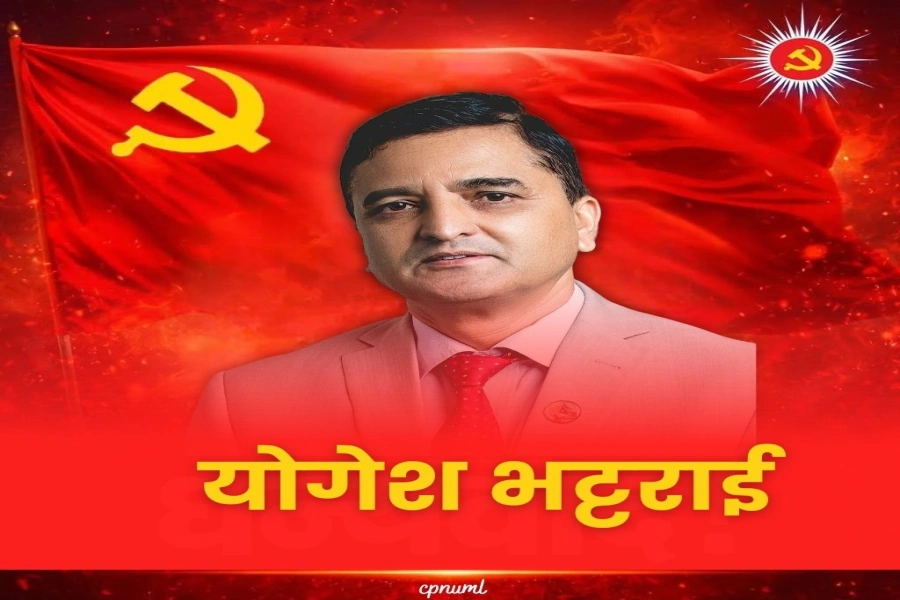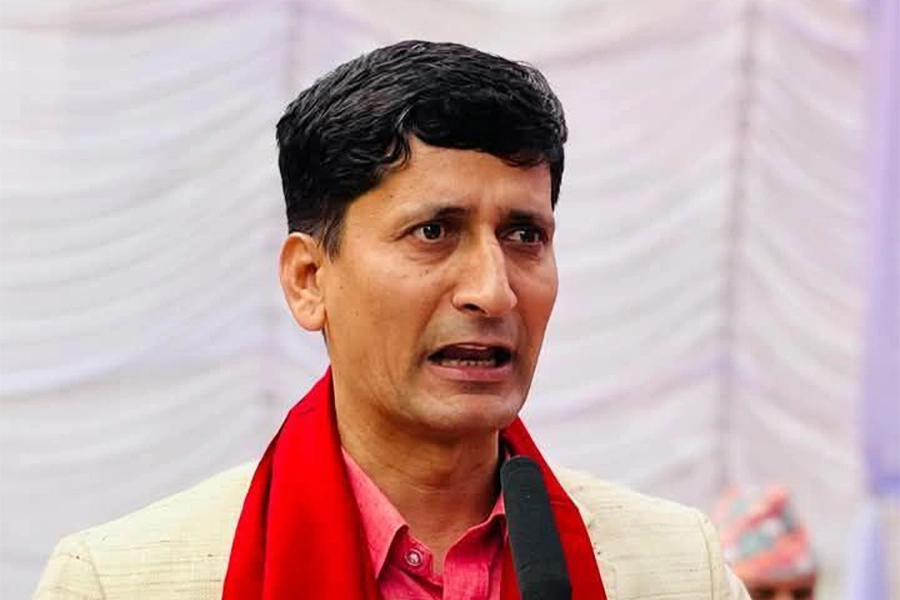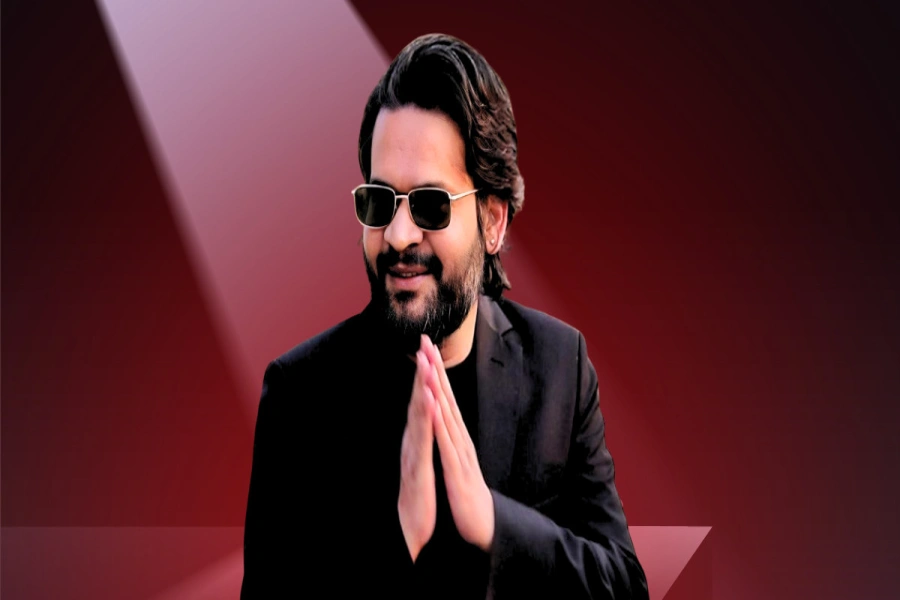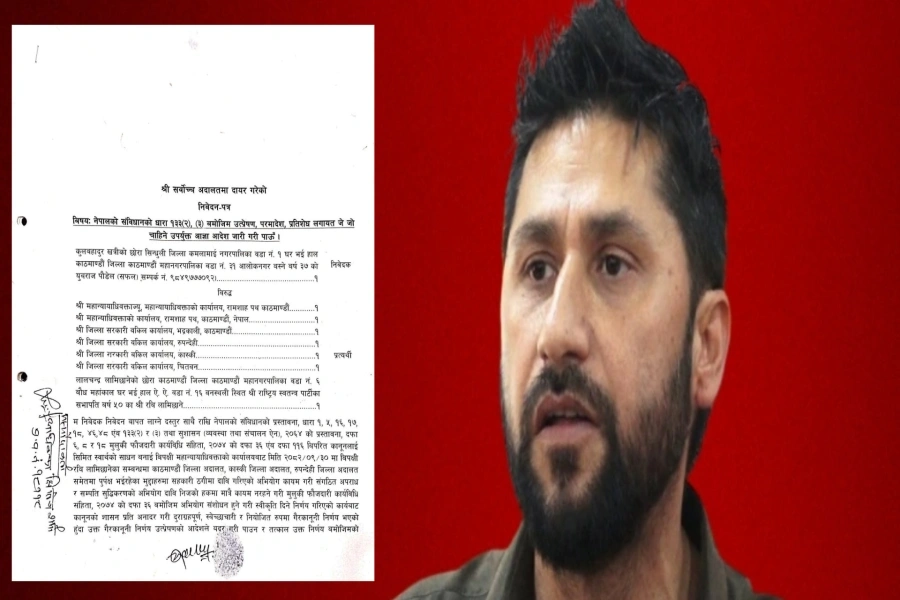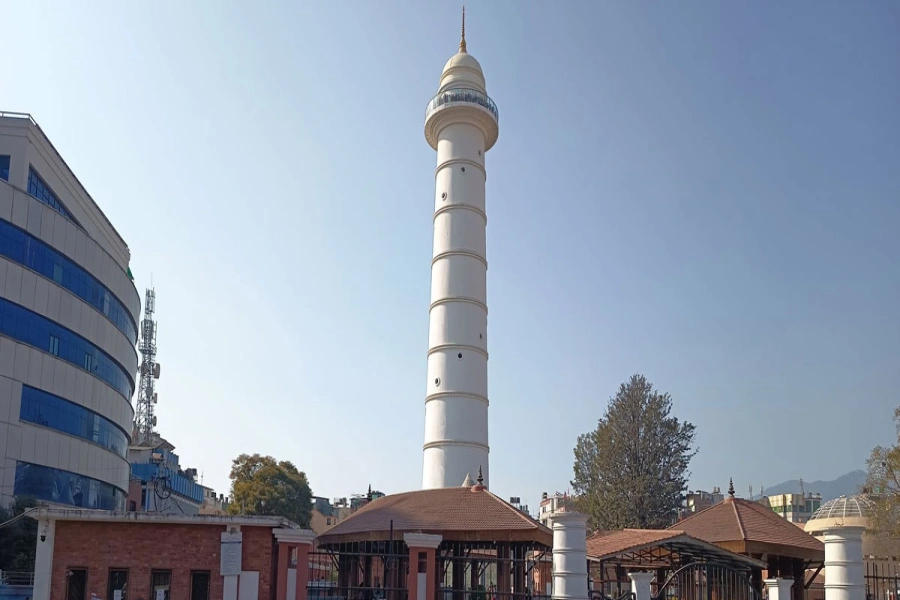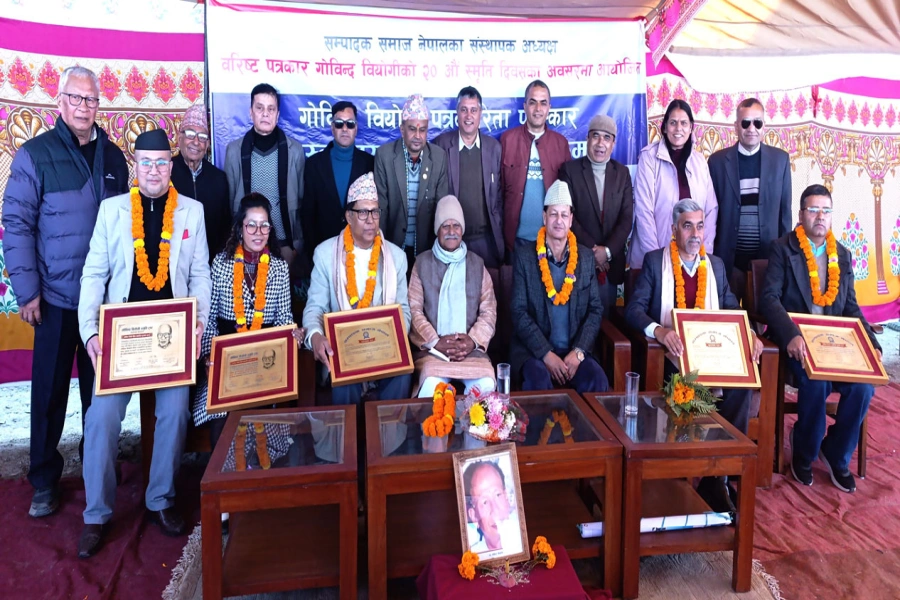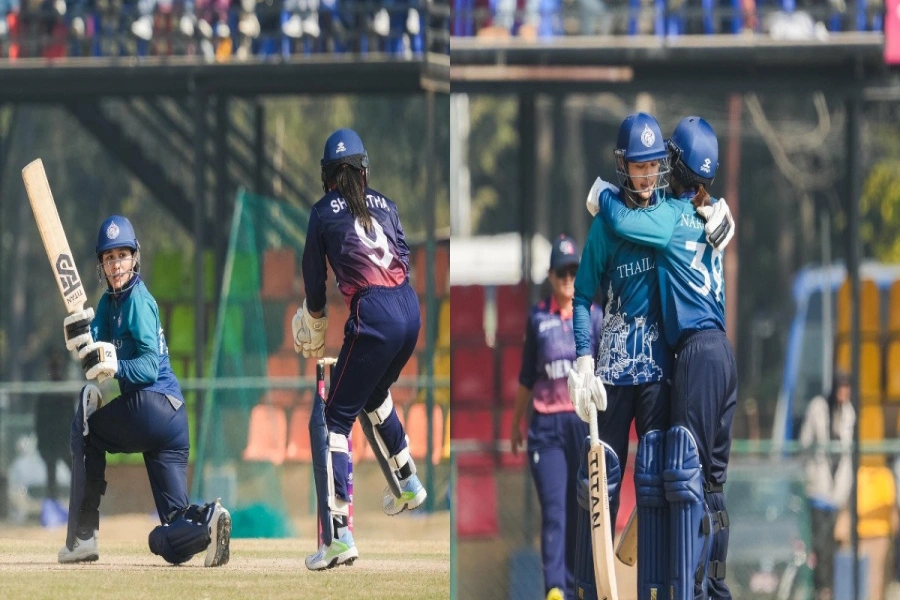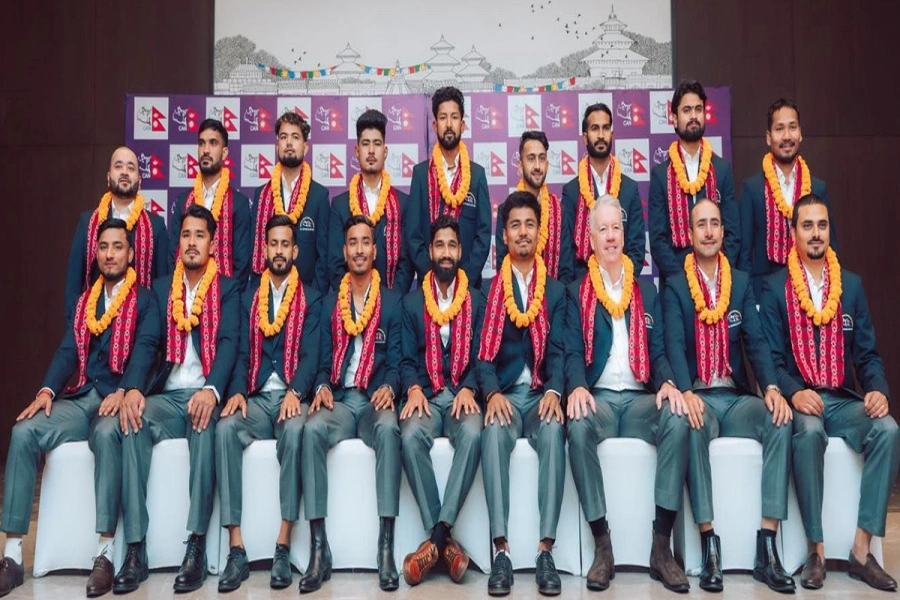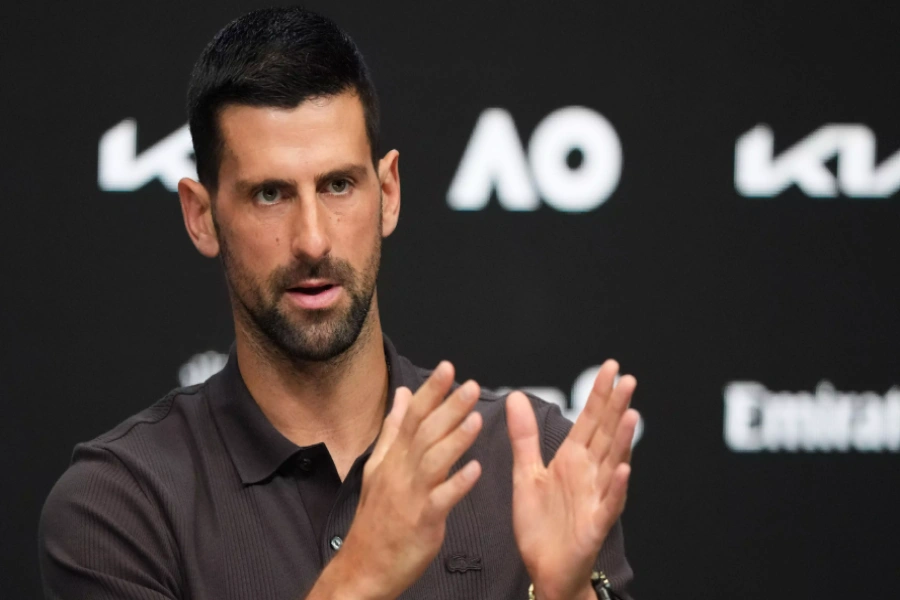Decade of action to achieve the SDGs has just started. It's time to think big for Nepal.
The Decade of Action was officially launched on September 18at the United Nations, hopefully,paving the wayfor years ahead plenty of engagement and commitment towards the implementation of the Agenda 2030, the global blueprint that contains the Sustainable Development Goals (SDGs).
Before the pandemic stunned Nepal, the country had embarked on a promising journey of strong economy. This seemed feasible given the political stability following the 2017 elections.Unfortunately, politics and the governance system coming out of it have been far from transformational.An overly complex and ambitious federal system that is still chained and blocked by a lack of cooperation and goodwill from the federal government certainly is not helping either.
There is no political leader around the world who would deny the importance SDGs' framework of effective system of governance that would drive the countries toward a more sustainable and more just future. It is not surprising that political leadership in Nepal have also pledged support towards achieving the goals but in reality the story is different.
While we have cases of exceptional leadership on the ground where local governments are using the available resources wisely and effectively, the overall picture is at the best gloomy especially if you look at the way the pandemic is being managed.
While it’s hard to change the political landscape and the leadership, we still have the SDGs as a reminder and at the same time as the propeller of social action.
ANFA and UNDP team up to promote SDGs in Nepal through football

In order to start a new decade focused on achieving the goals, the United Nations had organized the Global Goals Week, days packed with events, discussions and policy papers, all focused on the better ways to move forward towards the implementation of the Agenda 2030.
In Nepal,Youth Advocacy Nepal (YAN) led the way with a consortium of national and international partners in organizing the second Nepal Youth SDGs Summit.
Such occasions offer new opportunities to exchange views and ideas and they are important in order to generate interest among people, especially the youths.
What does achieving the SDGs mean for youths?What are the implications of having a country able to raise the standards for all young citizens? What would the future look like for a vulnerable youth if the SDGs are achieved?
First, Nepal will have quality educational opportunities for all those youths who are more vulnerable and disadvantaged.In practice, it means a national scholarship program for girls, youth with disabilities and youth being persistently discriminated on the basis of their caste.
Sure scholarship programs have been there in the past and still are runningbut we need to raise the bar with more resources, more indicators and a central command that set rules and ensure implementation.
We need people to know about it, we need newspapers and TVs reporting on it, we need attention on it, we need external development partners involved and engaged in pooling the funds and the technical expertise to run it efficiently.
We need private schools for imparting education more equitably through clearly stated social missions that will turn their profit making business model into effective social businesses.Implementing the SDGs would also imply real opportunities for vulnerable youth, including forall those girls who are the victims of all kinds of abuses, including burning and acid attack, to have a real shot in the job market.
If affirmative discrimination policies are effective as I believe they are and they are the only way to break multiple layers of glass ceiling bring them in.The private sector would ultimately benefit from a more diverse work force.
Achieving the SDGs would mean an equitable health care where private hospitals make their services affordable, sustainable and open to all. Federalism should not be an impediment to all these ideas but through cooperation and good faith, yes good faith, programs should be worked out at all levels.
We have a political elite that gets discredited day by day but these are the folks that brought democracy and freedom to the country.We often overlook the bright aspects of living in an open democracy, certainly not a perfect system, to focus on the negative sides of the equation.
Shifting from fantasy prepositions enlisted in this piece to actions won’t be easy.There is still some hope in all those willful youths and effective and honest political leaders that can turn every single day of this new decade in a day of actions to achieve the SDGs.
Small steps acted out everywhere from colleges to communities and even within families could offer a springboard for a national peaceful movement of change-makers where better off, more privileged youth truly partner with their less fortunate peers.
The author is Co-Founder of ENGAGE, an NGO partnering with youths to promote social inclusion in Nepal.





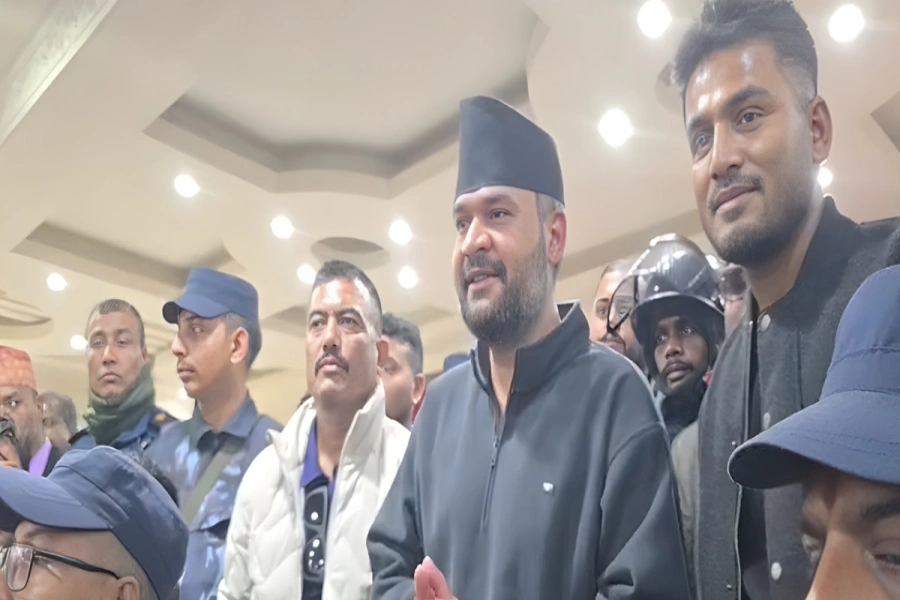

-1768720371.webp)
